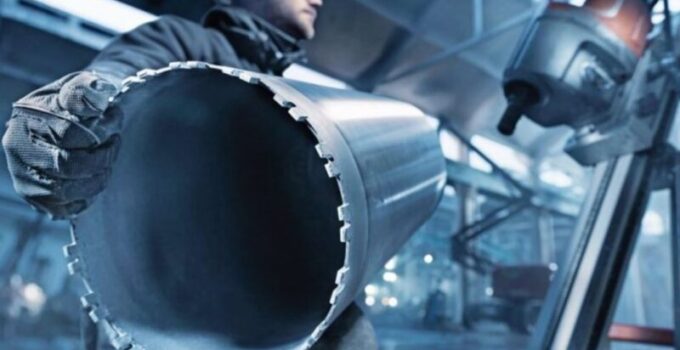Diamond core drilling is one of the most effective drilling techniques popular within the construction industry for its versatility and flexibility. Diamonds are the most rigid materials known to humankind; diamond drill bits are ideal for cutting through complex substances such as concrete and stone.
The precision, versatility, and efficiency that diamond drilling offers make it a superior choice to other alternatives like carbide drilling, steel drilling, etc. However, even the best drilling techniques are not suitable for all drilling requirements; neither is diamond drilling.
This article has mentioned the dos and don’ts of diamond drilling that can help you streamline the procedure efficiently and safely.
Page Contents
Do
Drill On Rough Materials
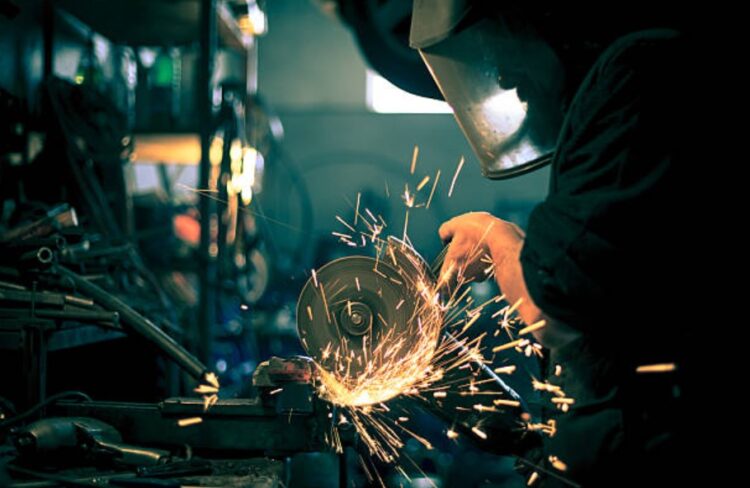
Source: istockphoto.com
Diamond is the most rigid material making it suitable for dealing with tough materials that the conventional drill bits struggle with. Even though diamond drilling is the most effective, it requires professional expertise and specific operational knowledge. It is essential to consult an expert who knows the ins and outs of diamond drilling.
Drilling experts need to adjust the speed, pressure, and lubricant according to the hardness of the material you’re drilling. Failure to do so can harm both your drill bit and the surface you’re trying to drill.
The following are the three types of materials that diamond drilling is best suitable for:
- Glass & Fused Glass: When drilled with the correct pressure, proper lubrication, and high-quality drill bit, glass can be easily drilled without being tempered.
- Concrete: Concrete is one of the most robust construction materials. Diamond drilling is suitable for both reinforced and unreinforced concrete and can crack open the surface without causing any damage to the surrounding concrete.
- Bedrock: Bedrock possesses similar characteristics to concrete but is often more demanding due to increased hardness. Diamond drilling can be used to drill directly into bedrock (e.g., granite) if you are installing foundations, pipework, etc.
Use For Accurate and Precise Drilling
Diamond drill bits facilitate effortless drilling and precise outcomes compared to their alternatives. Because these drill bits are vital and can sustain high forces, it is easier to make accurate holes in hard building surfaces without damaging neighboring structures.
Diamond drilling produces minimal waste and debris, lowering disposal costs and saving time. Therefore, diamond drilling might be an ideal solution for you if your construction project requires to-the-point outcomes with minimal wastage.
Choose For Noise Free Drilling
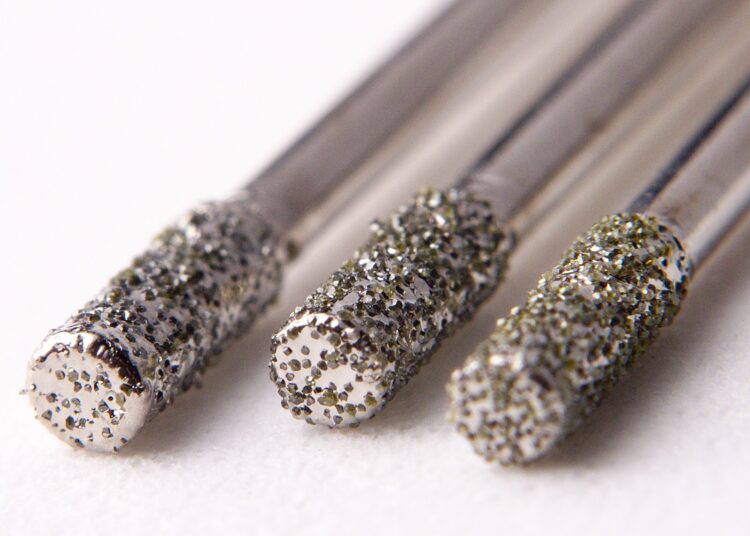
Source: commons.wikimedia.org
Diamond drills make very little noise compared to traditional drilling equipment, allowing work to be done without disturbing other site workers. If the project requires drilling services for a project located in or near a noise-sensitive area, diamond drilling should be your first choice.
Moreover, it is also advantageous for the site’s environment as it does not distract other workers.
Ideal For Unconventional Drilling Tasks
As mentioned before, diamond drilling is a highly versatile drilling technique, and the drill bit is suitable for almost every drilling task. Drilling bits can also be customized according to the project’s specific requirements. No matter how unique the task is, diamond drilling specialists can efficiently and successfully attend to all of your drilling demands, regardless of their difficulty level.
Don’t
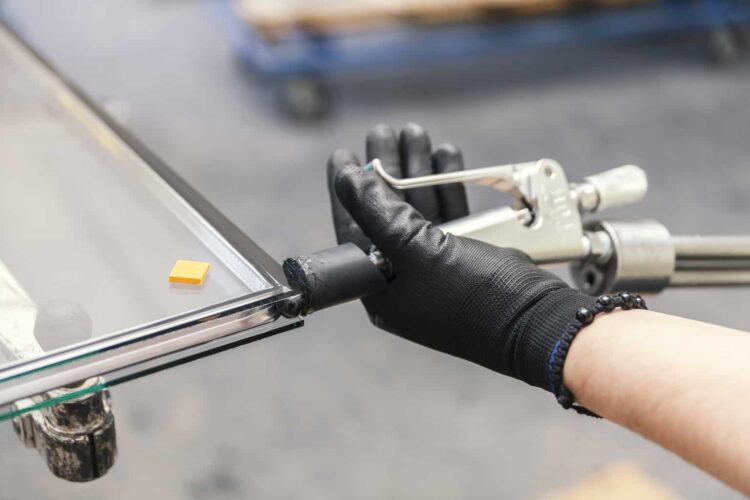
Source: yourownarchitect.com
Use Diamond Drill Bit With Tempered Glass
Even though diamond drill bits work fine with standard glass, you should avoid drilling tempered glass. Since tempered glass is made by exposing it to a lot of stress which isn’t visible to the naked eye, the diamond drill bit may likely hit a piece of stressed glass, leading to a crack. While drilling tempered glass with a high-quality drill bit, precision, and a great deal of care may be achievable, we recommend consulting an expert before attempting the process.
Use Diamond Drill Bit With Soft Materials
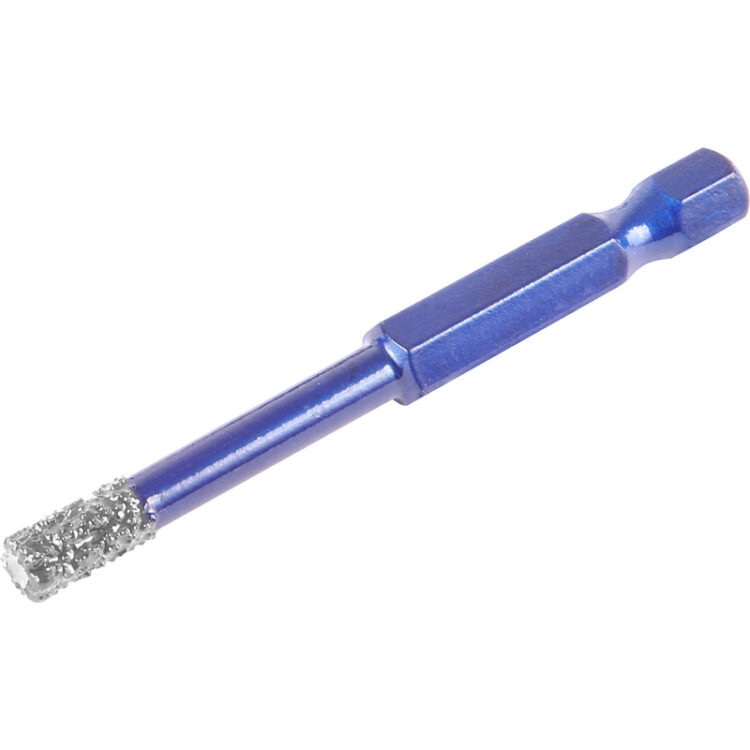
Source: toolstation.com
Any metal or soft material, such as softwood, should not be drilled using diamond bits. The drill’s diamonds will clog up due to the material’s softness rendering the drill useless and hampering its functionality.
Use Improper Drill Bit
If the drill bit is not correctly sized, heated, or under excessive pressure, you should avoid using it. Remember to lubricate the drill bit before use to prevent cracking and breakage.
Lack Of Patience
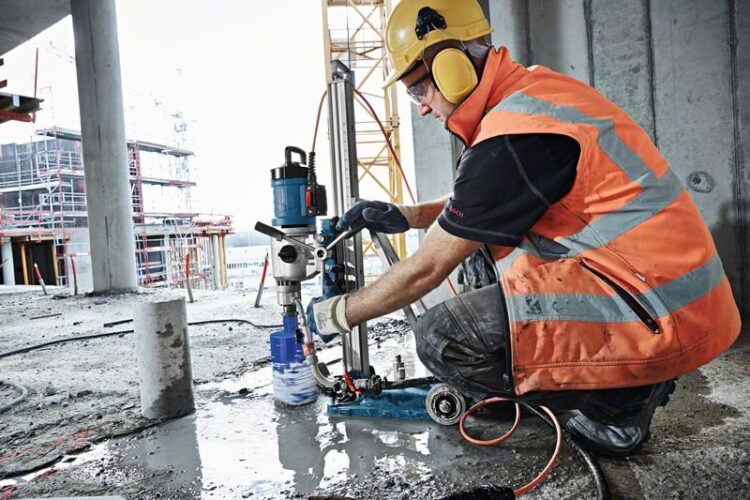
Source: bosch-professional.com
Rushing can hamper aspects of your construction project such as deep hole drilling costing you more in the long run. While burning a diamond drill bit at 100 meters can be challenging, but running it at 1500 meters can be a bigger challenge. Impatience can burn a huge hole through your pockets especially when your project requires drilling deep holes.
Not Lubricating Enough
Lubrication plays a pivotal role in keeping your drill bits and other parts of your diamond drilling equipment intact. It is important to lubricate your drill bits properly to avoid overheating caused due to friction. Lubricating your drill bits also reduces the chances of drill bit damage. While oil-based lubricants are more popular, water is ideal when it comes to diamond drilling.
Making Sure Your Bit Is Being Flushed
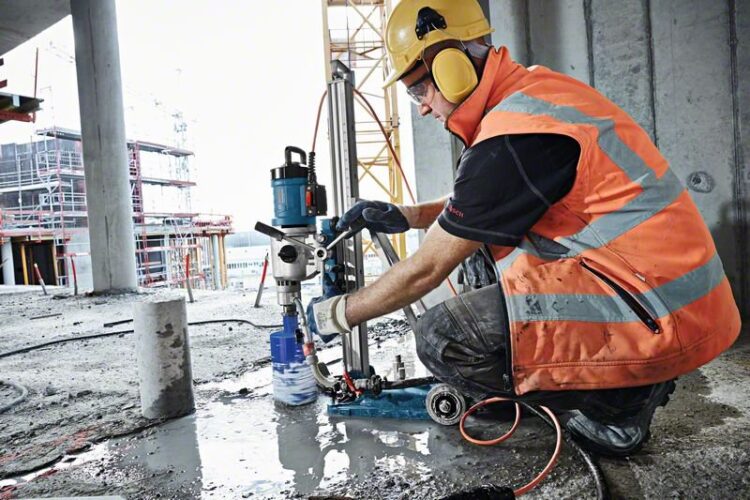
Source: bosch-professional.com
The diamond drill bit is the most important part of your diamond drilling equipment. It is crucial that you keep your diamond drill bit flushed with drill water. Scarcity of water can damage your drill bit when dealing with hard materials such as bedrock or concrete.
Conclusion
Diamond drilling finds its use in various activities, from gemstone drilling to creating holes for electrical wire and plumbing. Before you begin your drilling project, it is essential to consult a diamond drilling specialist to determine whether it is suitable for your project requirements or not.
CADrillers is the leading diamond drilling expert in London and nearby areas that offer services ensuring timely finishing of your projects with complete safety measures in place.

